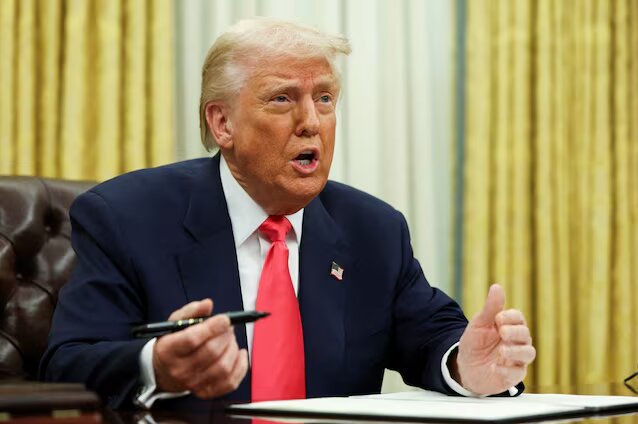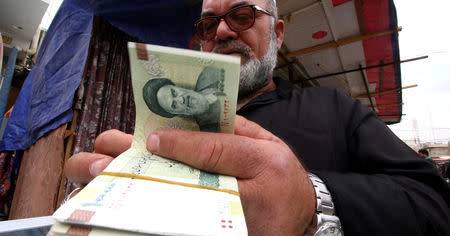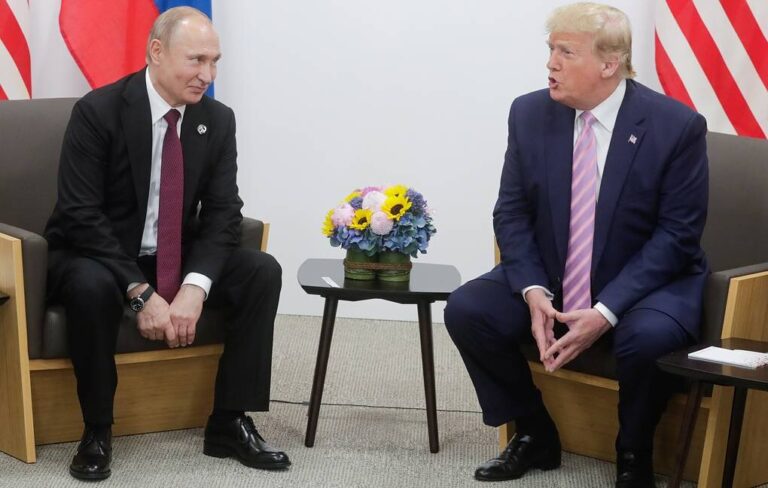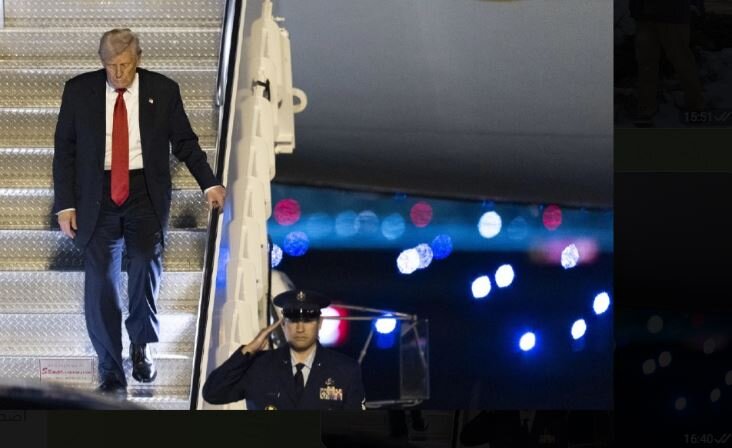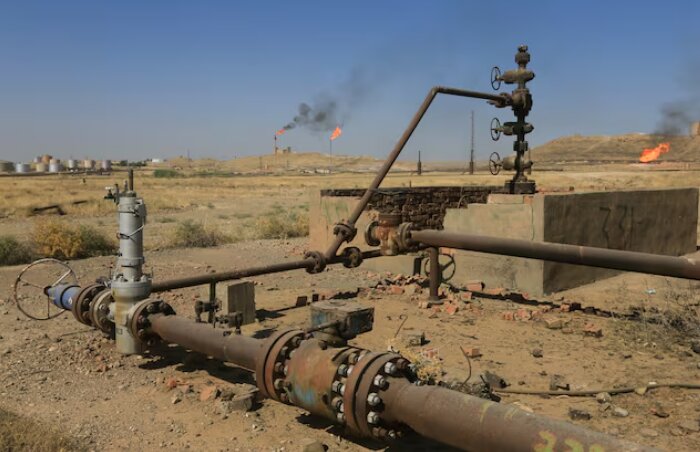Global Backlash: Trump’s Tariffs Spark Outrage Worldwide
Australia is facing a significant challenge as it grapples with a new 10% tariff on all exports to the US, following an announcement from former President Donald Trump regarding a sweeping global trade regime. This unexpected move has sparked widespread concern across the nation, particularly in light of the upcoming election campaign.
According to a report by BBC, Trump cited perceived “trade barriers” as the catalyst for this tariff, specifically pointing to Australia’s biosecurity laws and the ban on importing US beef. This has led to what he described as a “reciprocal tariff,” raising questions about the implications for Australian businesses and consumers.
Australian Prime Minister Anthony Albanese responded to the announcement, deeming the measure “totally unwarranted.” However, he clarified that Australia would not retaliate with its own tariffs, which are also known as import taxes. The 10% tariff imposed on Australia serves as the “baseline” measure, while countries such as China, Malaysia, Vietnam, and Cambodia face even steeper tariffs of up to 49%.
During a press conference, Albanese stated, “President Trump referred to reciprocal tariffs. A reciprocal tariff would be zero, not 10%.” He further criticized the tariffs, asserting that they lacked any logical basis and undermined the partnership between Australia and the United States. “This is not the act of a friend,” he remarked, emphasizing the importance of maintaining strong bilateral relations.
The timing of Trump’s new trade policy is particularly critical, as it coincides with Australia’s closely contested election campaign. The issue of cost of living is anticipated to be a pivotal topic for voters, and the newly imposed tariffs could exacerbate existing concerns. Opposition leader Peter Dutton weighed in on the situation, labeling it a “bad day” for Australia. He warned that the tariffs would have a “significant impost” on jobs across the nation, potentially impacting economic stability.
Dutton also highlighted the tariffs as a reflection of Albanese’s relationship with Trump. Notably, the Prime Minister had been making efforts to organize a phone call with Trump ahead of this decision, which ultimately did not materialize. This situation raises further questions about the effectiveness of diplomatic relations between the two countries.
- Tariff Details: Australia is subjected to a 10% tariff on all exports to the US.
- Reason for Tariff: Trump cited Australia’s biosecurity laws, particularly the ban on US beef imports.
- Response from Albanese: The tariff is deemed “totally unwarranted,” and Australia will not impose retaliatory tariffs.
- Comparison with Other Countries: Countries like China and Malaysia face tariffs up to 49%.
- Political Implications: The tariffs come during a crucial election campaign focusing on cost of living issues.
As the political landscape in Australia continues to evolve, the ramifications of these tariffs will likely dominate discussions among policymakers and citizens alike. The potential impact on trade relationships, economic stability, and job security cannot be overstated.
In conclusion, the recent tariff announcement by Donald Trump has sent shockwaves through Australia, prompting strong reactions from leaders and citizens alike. With the election campaign heating up, the long-term effects of these trade measures will be closely monitored as they could significantly influence voter sentiment and economic outlook.
As Australia navigates these challenging waters, it remains essential for the government to advocate for fair trade practices that benefit both nations and reinforce their longstanding partnership. The outcome of this situation will undoubtedly play a key role in shaping the future of Australia’s economy and international relations.
